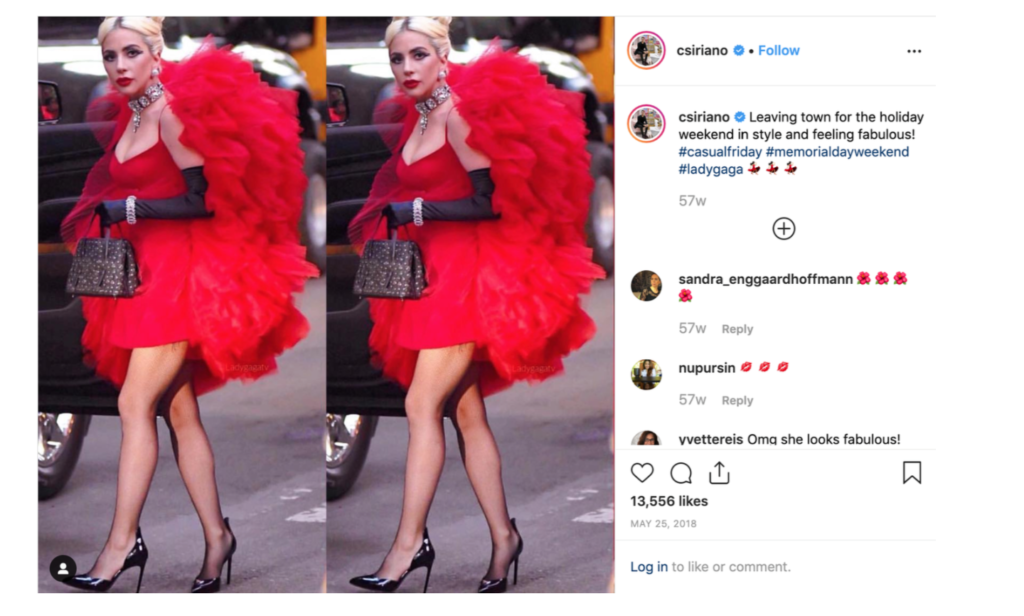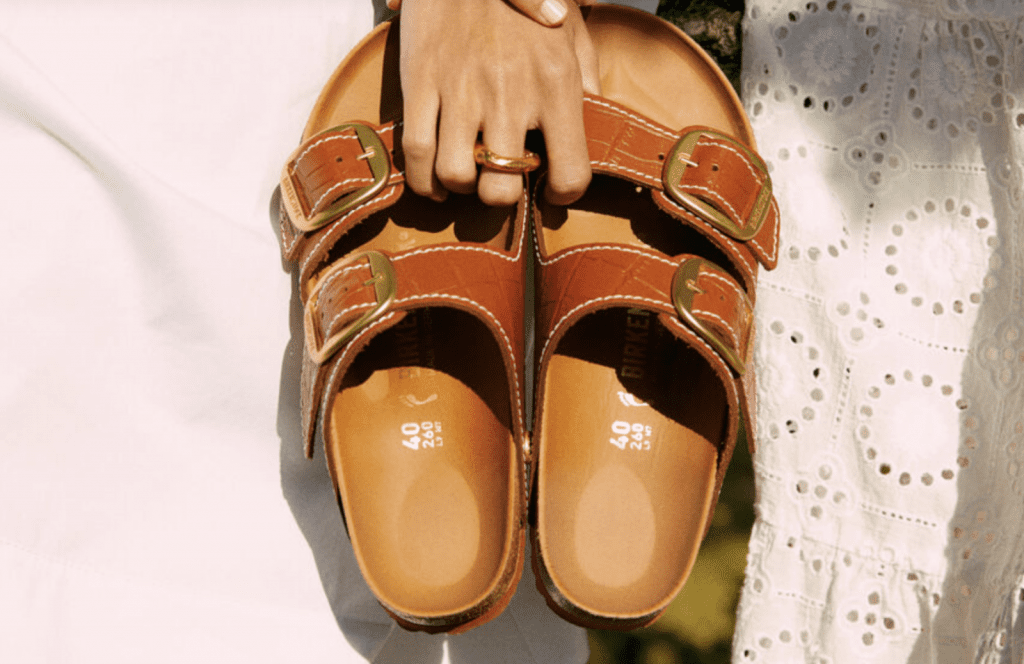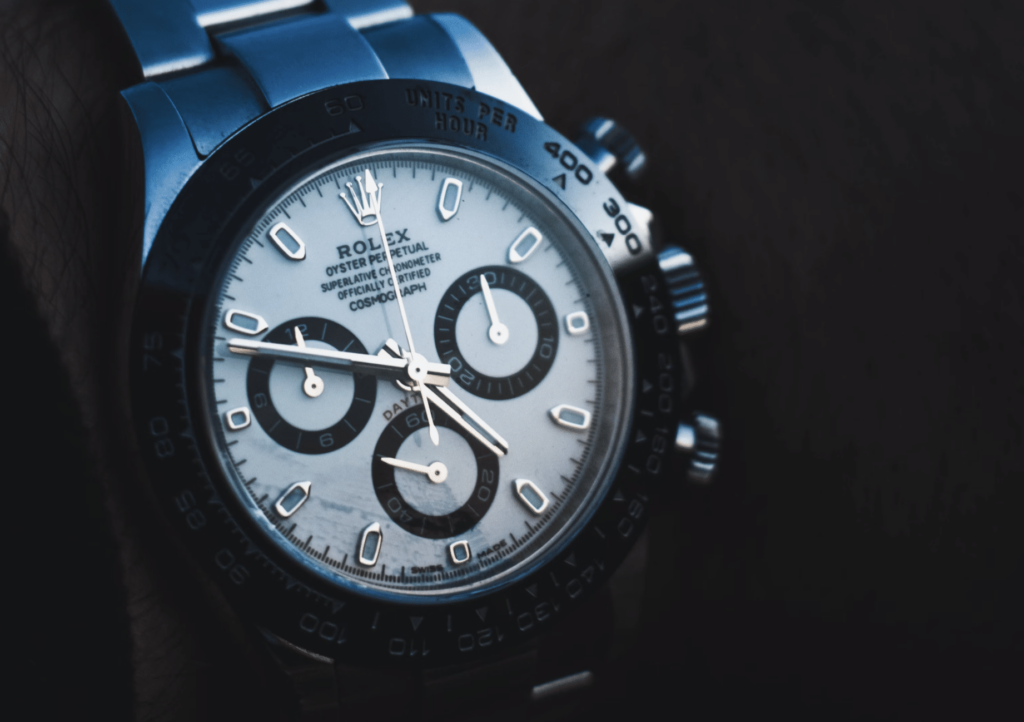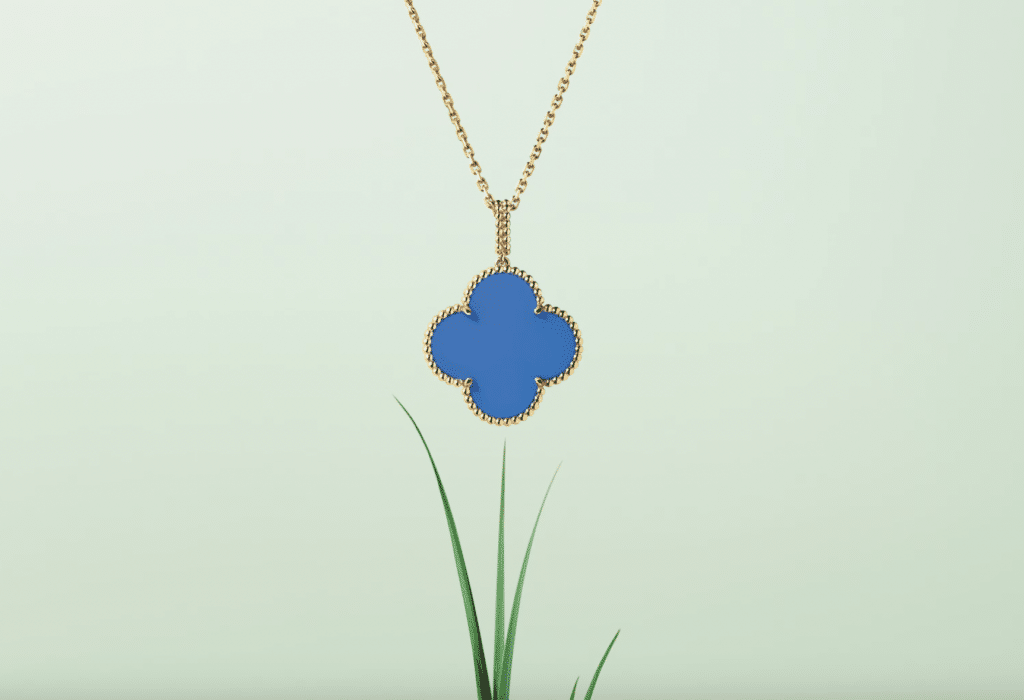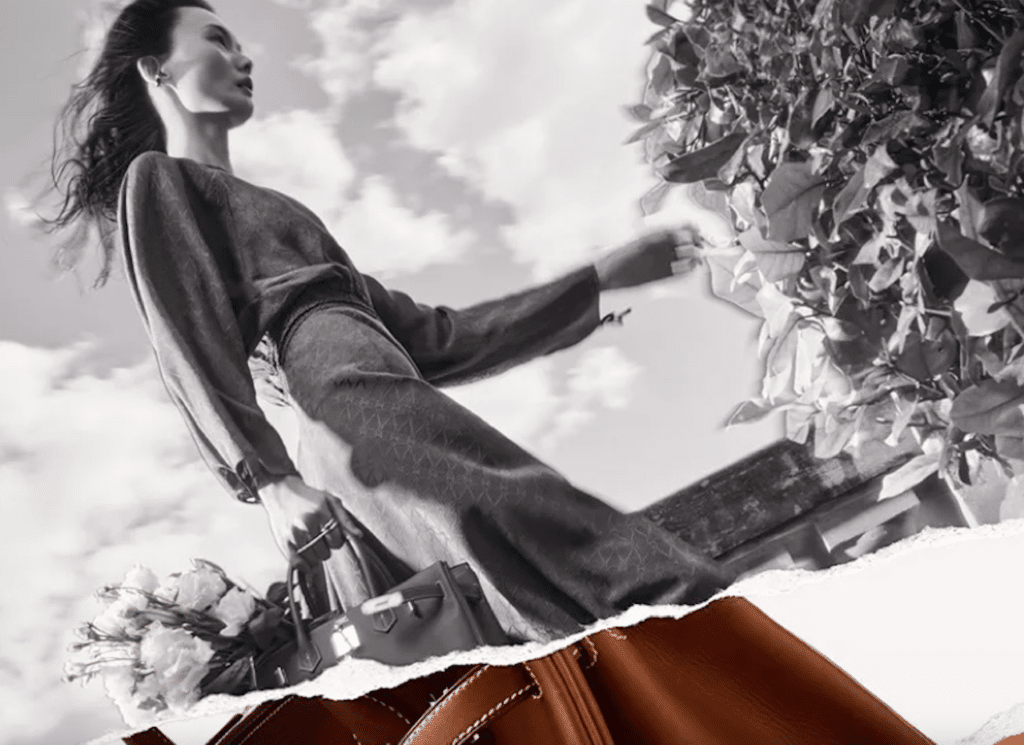A photo of Lady Gaga from May 2018 has landed Christian Siriano in hot water. The musician-slash-Oscar winner stepped out in New York City in a striking crimson frock from the designer’s Fall/Winter 2018 collection to much media fanfare and paparazzi attention. One of the photographers who captured an image of Gaga, Robert Barbera, who asserts in a new lawsuit that Christian Siriano posted the image on its Instagram without licensing the photo or otherwise seeking and receiving his authorization to do so.
In the 6-page complaint, which mirrors ones that the photographer has recently filed against Versace, Ariana Grande, Jordache, and CBS, Barbera asserts that Siriano “willfully, intentionally, and purposefully, in disregard of and indifference to [his] rights … infringed [his] copyright in the photograph by reproducing and publicly displaying [it] on [Instagram].” It turns out, the celebrated New York-based brand “did not license the photograph from [Barbera] for its Instagram page, nor did [it] have [his] permission or consent to publish the photograph on its Instagram page.”
Barbera is seeking a monetary sum of either “the damages that he sustained and will sustain, and any gains, profits and advantages obtained by Siriano because of [its] violations,” or a sum of at least $2,500 up to $25,000 for each violation, whichever is greater. That is significantly more than the $550 or so licensing fee that Getty charges for use of images on social media accounts.
As for what took so long for Barbera to file suit over the May 2018 image, that is almost certainly a direct result of a decision from the Supreme Court issued this spring. In March, the nation’s highest court held in Fourth Estate Public Benefit Corp. v. Wall-Street.com that while the Copyright Act grants exclusive rights to the creator of an original, creative work as soon as that work is created – or “fixed in a tangible medium” in legal terms, a copyright owner may not initiate an copyright infringement lawsuit until registration of the copyright claim has been made.
In that case, Fourth Estate Public Benefit Corp. claimed that “requiring a copyright owner to wait until the copyright office had reviewed its application would deprive owners of the ability to enforce their rights,” an argument that the court shot down as being “overstated.” Given the growing number of fashion-specific cases filed over the past several months, the court’s reading of the registration requirement is hardly extinguishing photographers’ rights to sue on copyright infringement grounds.
All the while, Gigi Hadid, who has been sued twice over the past couple of years, for posting photos of herself to her Instagram without licensing them, has taken to fighting the more recent of the two suits instead of quietly settling out of court. Counsel for the supermodel has argued that her use of a paparazzi photo owned by Xclusive-Lee is not copyright infringement, but actually, fair use for a number of reasons, since the photo is valuable because she is in it and given that she contributed most of the creative (and thus, protectable) elements in the photo, such as the pose, the clothing, etc. At the same time, Hadid’s counsel argued that the model was taking away any of the potential licensing value of the photo for Xclusive-Lee by posting it on her personal – yet, heavily-followed – Instagram account.
The photo agency has since hit back against Hadid’s claims, noting that, among other things, the supermodel’s use of the photo is commercial, even if indirectly so – which weighs against a finding of fair use.
As The Hollywood Reporter’s Ashley Cullins noted early last year, “While neither celebrity photography nor social media is new, experts say the ability for influencers to now monetize their posts is most likely what’s driving the legal clashes.” Social media – and the inherent need to maintain a following by regularly posting content –” “is actually a business for celebrities,” attorney Jeffrey Greenbaum, who specializes in advertising and intellectual property law, told THR. “It’s not surprising that photographers are saying, ‘If you’re going to make money off your social media feed, it’s not fair that you’re going to take my photograph and not pay for a license to use it.'”
*The case is Barbera v. Christian Siriano Holdings LLC, 1:19-cv-06155 (S.D.N.Y.).




